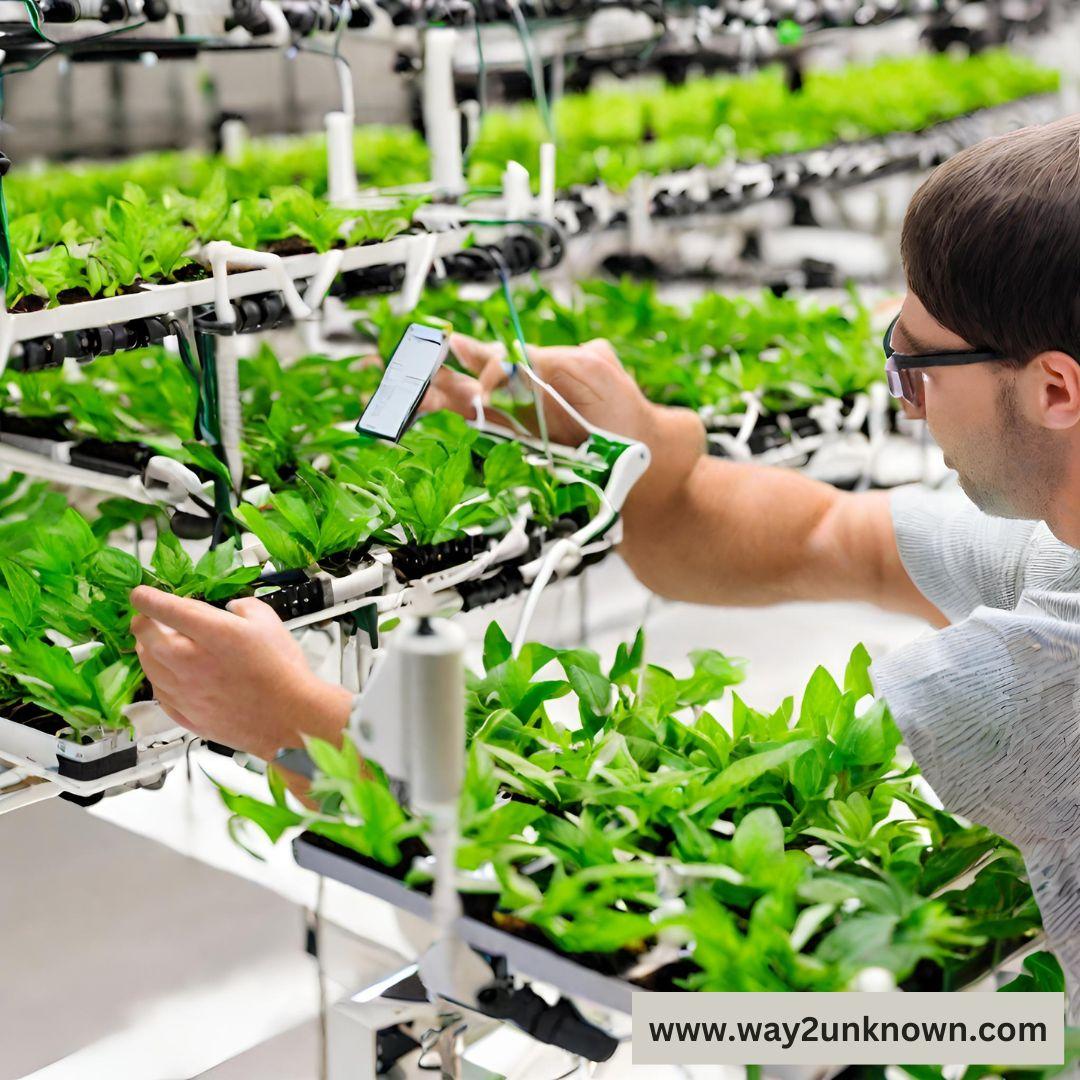Transforming Agriculture: The Impact of AI on Crop Improvement

In the ever-evolving landscape of agriculture, the integration of artificial intelligence (AI) has emerged as a game-changer in crop improvement. AI technologies are revolutionizing traditional breeding methods, offering novel approaches to address the challenges of food security, climate change, and sustainability.
One of the most significant contributions of AI to crop improvement lies in its ability to expedite the breeding process. By harnessing vast datasets on plant genetics, traits, and environmental interactions, AI algorithms can predictively model desirable traits and guide breeding decisions. This has led to the development of crops with enhanced characteristics, such as increased yield, improved disease resistance, and optimized nutritional content.
Moreover, AI-driven precision agriculture techniques are enabling farmers to optimize resource use and maximize productivity while minimizing environmental impact. Through the integration of sensors, drones, and satellite imagery, AI-powered systems can monitor crop health, detect pests and diseases early, and precisely deliver inputs such as water, fertilizer, and pesticides where needed. This not only improves crop yield and quality but also reduces input costs and promotes sustainable farming practices.
In conclusion, the impact of AI on crop improvement is profound and far-reaching. By accelerating breeding efforts, enhancing agricultural productivity, and promoting sustainability, AI is poised to shape the future of agriculture, ensuring food security for generations to come. As we continue to embrace these transformative technologies, the possibilities for innovation in crop improvement are limitless.